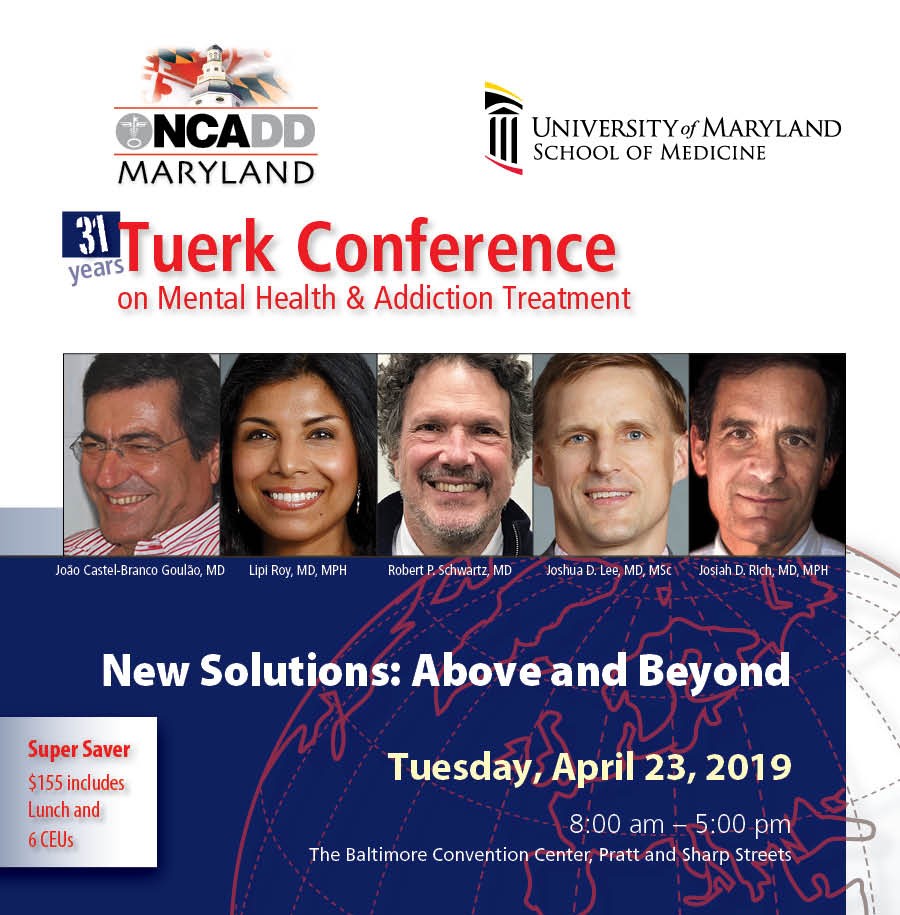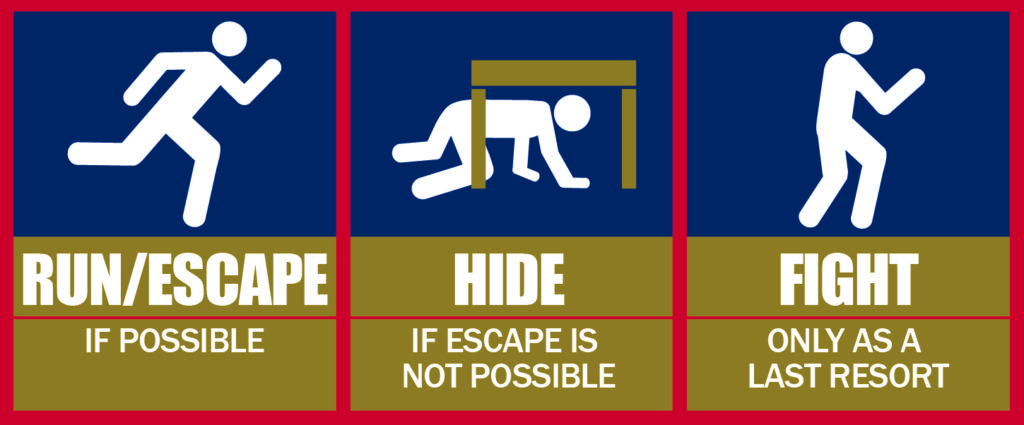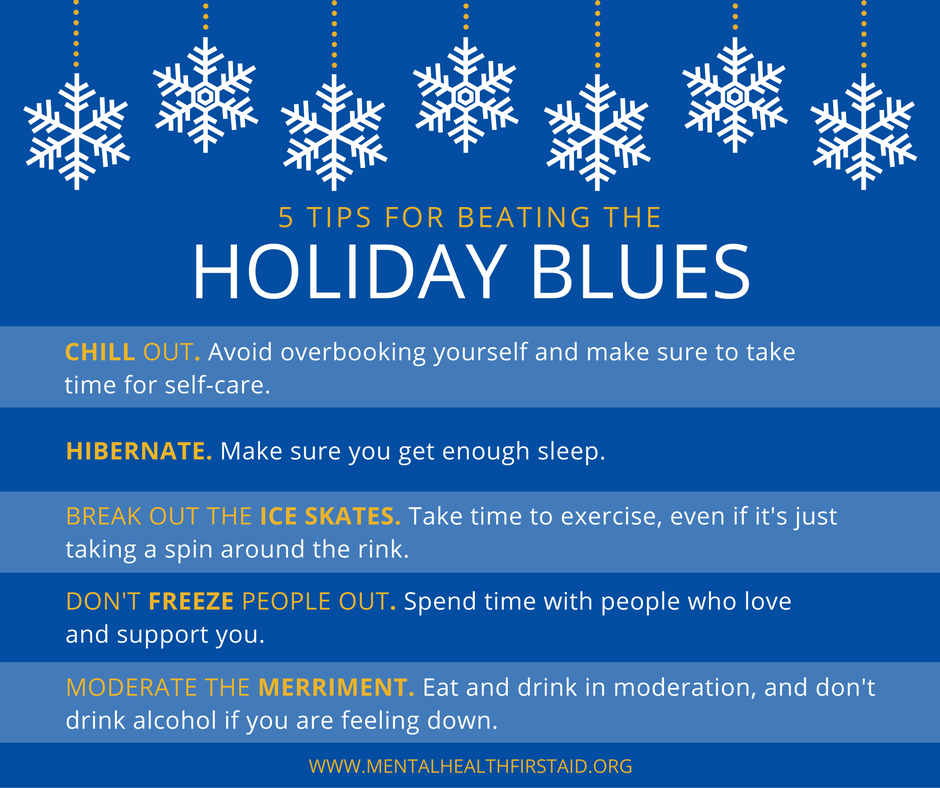Active Shooter: What You Can Do
To prepare and respond to active shootings in the workplace, check out ways to prepare and respond during an active shooting incident HERE.
Should you need further support, please call EAP at 667-214-1555
For a list of seminars that we provide, please visit the Supervisors page.
Grief Support Group Spring 2019
For a list of seminars that we provide, please visit the Supervisors page.
2019 Tuerk Conference New Solutions: Above and Beyond
Attend the 31st annual Tuerk Conference and gain up to date information on current issues in the field of mental health and addiction treatment. Participants will gain valuable information that will affect them and those they serve.

*Click image for full program brochure*
Topic areas will include:
International drug treatment practices and policies in countries such as Portugal
Maryland’s response to Opioid Crisis
Medication assisted treatment
Medical Cannabis in Maryland; Cannabis in the Workplace
Suicide Prevention and Addiction
Reducing barriers to treatment
Harm Reduction strategies
Problem Gambling
Addiction and Pregnancy
For more information, visit NCADD
Register HERE
Top 5 Budgeting Mistakes
Join us for a KOFE Webinar and learn to correct common budgeting mistakes.
Tuesday January 29, 2019
12:00 PM—12:30 PM
Join us remotely!
An email with the webinar link will be sent upon registration.
For more information or questions, contact Jenna Adler
HAPPY NEW YEARS!
…and so the adventure begins!
-EAP Staff
For information and ideas on new years resolutions to support your mental health click here.
Beating the Holiday Blues
Additional tips to to avoid holiday stressors!
Walk-in Appointments
EAP will continue to host walk-in hours on
Tuesday mornings (9:00 AM-12:00 PM) from now to February 28, 2019!
Come to the EAP office located at 419 West Redwood Street, Suite 560
and a counselor will meet with you.
Call 667-214-1555 for more information.
Budgeting Made Easy
Free Webinar
The EAP partners with KOFE (Knowledge of Financial Education) to educate employees about financial issues. KOFE will be hosting a free webinar on November 6, 2018 (Election Day) from noon-12:30 with Budgeting Made Easy as the topic. If that sounds interesting to you, please copy and paste this link into your browser to register:
https://attendee.gotowebinar.com/register/5320429408596472578
#metoo?
If you are experiencing triggers from all that is in the news lately and the #metoo movement, the EAP is here to help you sort things out. Call 667.214.1555 or email mmccarre@som.umaryland.edu to make an appointment.
Stress Management – 3 Ideas
3 simple strategies to help you focus and de-stress
Do daily distractions leave you feeling unfocused and stressed? Take a breath. Here are three great ways to start taking back control.
Does it seem like you can’t complete even the simplest task without being distracted? Texts, emails, social media alerts, noisy colleagues, ringing phones… Friends, you are not alone.
Distracted thinking — aka daydreaming or mind wandering — affects everyone. In fact, researchers have found that people think about something other than what they’re actually doing — or supposed to be doing — almost half of the time. Turns out that a wandering, easily distracted mind is actually the default mode for the human brain.
Succumbing to distraction over and over, though, can build stress, foster unhappiness and even lead to depression. So if you’re one of the many looking to figure out how to handle distractions and improve your ability to focus, take comfort in the fact that research has shown a way forward.
One word: mindfulness.
Mindfulness means maintaining a moment-to-moment awareness of where you are and what you’re doing. At work, for instance, it means you’re focused on the project in front of you; walking with a friend, it gives you the ability to really focus on your surroundings and your conversation. Scientists have shown that you can actually train your brain to become more mindful. Like anything else, it just takes practice.
Ready to get started? These three practices have all proven useful in building mindfulness.
1. Mindfulness-based stress reduction (MBSR)
MBSR training has become a recognized way to help people learn to avoid distractions and increase their attention on the task in front of them. It can also help improve memory, motivation and autonomy — all things likely to make you (and your boss) happier. MBSR programs typically include breathing, stretching and awareness exercises.
2. Meditation
Meditation aims to increase your awareness of the present moment and help you develop a gentle, accepting attitude toward yourself. Regular meditation practice has been shown to actually alter the brain — in a good way. One study showed that the area of the brain dedicated to regulating your emotions was significantly larger in meditators. In other words, in a world determined to trip you up with distractions and unpleasant surprises, meditation can help you stay more positive and more focused.
3. Mindful movement
The hallmarks of mindful movement, or yoga — structured breathing, controlled movement, mental focus — make it sound like the perfect antidote to stress and distracted thinking, but does science back that up? Yes, over and over again. Many studies have found that, after beginning a yoga program, people feel less stressed, more focused, even more optimistic. In fact, yoga’s been found to be even more beneficial to people who’re highly stressed.
In today’s so-called attention economy, the world is actually being designed to distract you. Everybody wants your attention, and they want it right now. But you can take back control of your focus, shed that stress, and wake up happier to meet your day.
Ready to commit to becoming more mindful? Great, go for it!
 Click to Call
Click to Call





